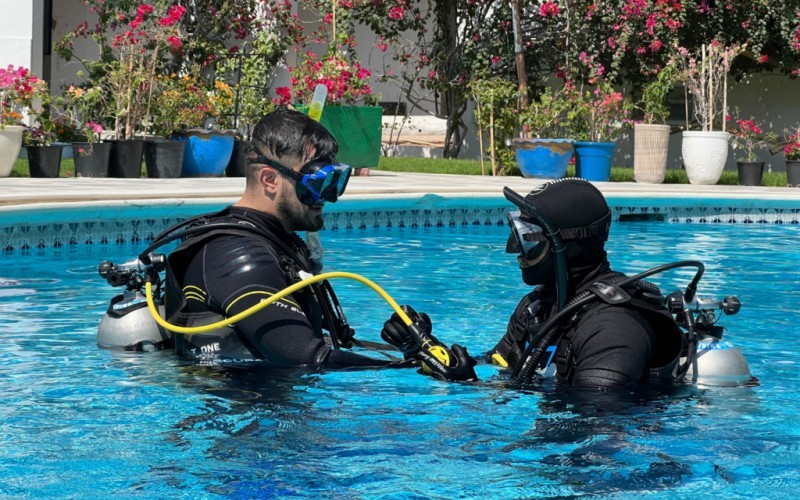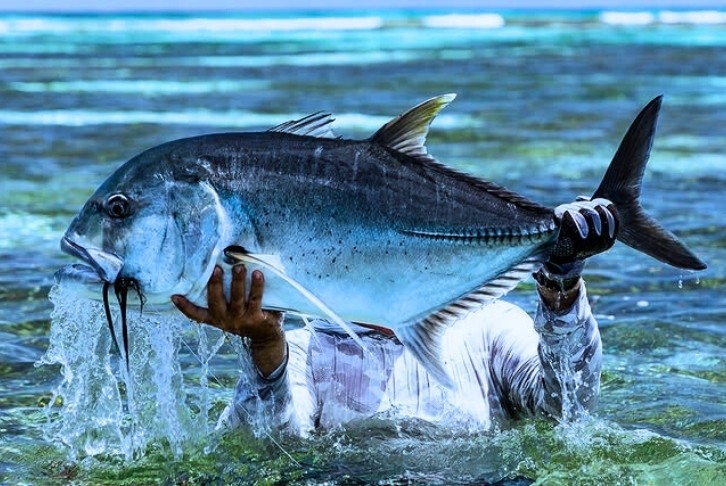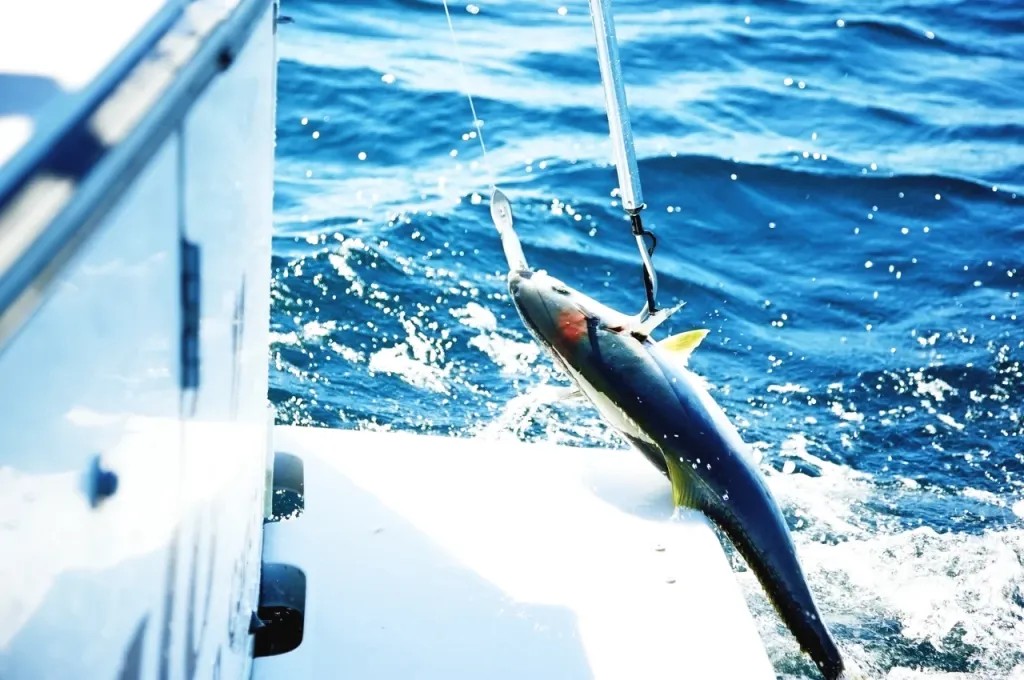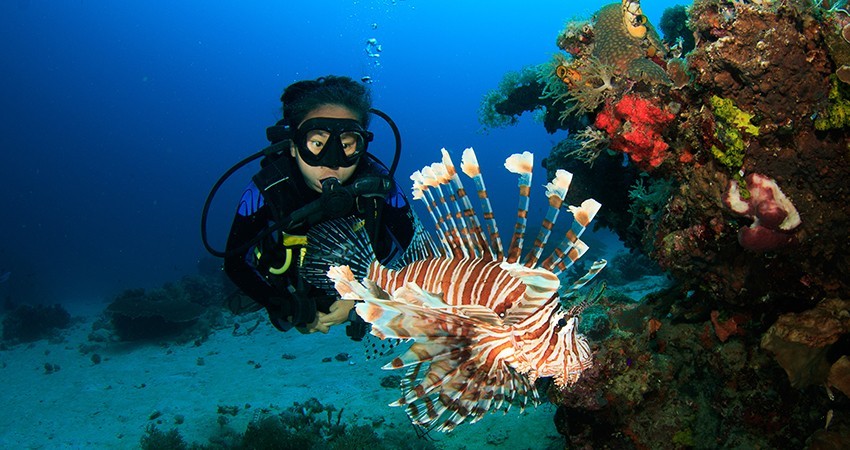Diving Sites in Port Blair




-
Jul 12, 2025
Scuba diving is, without question, one of the most thrilling and soothing activities and, conveniently, comes with some responsibility. The underwater world operates under a different code than life on the surface. As a result, from day one, divers are given the important rules to follow to ensure a safe and ultimately enjoyable experience, while also respecting the underwater world. These are the unquestionable rules for all divers to live by.
Scuba diving, essential? Maybe not in the way you’d list food or rent, but man, if you’ve ever slipped under the surface, you get it. It’s like unlocking a secret level in real life. Suddenly you’re floating in this blue hush, jellyfish pulsing by, your own heartbeat echoing in your ears. In a world that never shuts up, diving is this rare shot at actual peace: no texts, no pings, just you and the fish. It forces you to slow the hell down, pay attention, and respect every weird and wonderful creature you meet.
Honestly, for students, wander lusters, marine geeks, or anyone just tired of the same-old, it’s a game-changer. Some folks even end up chasing careers in marine biology or conservation because of a single mind-blowing dive. So, sure, it’s not “necessary” by the usual yardstick, but for a lot of us? It’s a lifeline. It grounds you. Reminds you how tiny you are, how insane this planet is, how much we don’t know. Not just a hobby, not just a sport more like a reset button for your soul. Let's learn about the golden rules of this ultimate water sport. The following golden rules are given below:
Rules for Safe Scuba Diving:
.jpg)
1. Never Hold Your Breath
Look, there’s a reason every dive instructor hammers this into your brain: never hold your breath underwater. Seriously, don’t even think about it even for a second. Your lungs are under all this pressure down there, and if you shoot up to the surface with your lungs full? Yeah, that’s how you end up with a blown-up chest or worse, some gnarly air bubble messing with your bloodstream. Breathe slowly, breathe steady, keep it chill. Just… inhale, exhale, repeat.
2. Equalize Early and Often
Going down, you’ll feel that pressure ramping up mainly in your ears and sinuses. It gets real uncomfortable, real fast. The trick? Don’t wait for things to hurt. Start equalizing early, before you even drop. Seriously, do it every couple of feet on the way down. If your ears just won’t pop, don’t try to muscle through it. Stop. Go up a bit. Forcing it is a terrible idea. Be steady and follow up the rules which are prepared for emergencies like this.
3. Move Slowly and Safely
When you’re running low on air or just buzzing to spill all the wild stuff you saw underwater, shooting straight up sounds like a great idea. But yeah, big nope. Coming up too fast is basically begging for trouble, nobody wants that mess. Take it easy. Don’t go racing up; keep it chill at around 18 meters, or 60 feet, per minute. Don’t skip that safety stop at 5 meters (15 feet) for 3–5 minutes.
4. Plan Your Dive
Figure out how deep you’re actually diving, how long you wanna muck around down there, when you’ll bail, and what’s the move if things get weird. Seriously, don’t just freestyle it even if it’s just a “cute little reef.” Talk through your hand signals, stare at that dive map for a sec, and decide how low you’re letting your air go. Chat it all out with your buddy. And don’t just make the plan- stick to it.
5. Always Dive with a Buddy
Your dive buddy isn't just there to swap fish stories with; they’re your lifeline if things go sideways. Seriously, double-check each other’s junk before you even think about hitting the water, stick together down there, and don’t be shy about signaling if something feels off. A solid buddy isn’t just company, they're the reason a little hiccup doesn’t turn into an underwater disaster.
6. Check Your Gear
Honestly, don’t just jump in the water all hyped up, slow your roll and run through a legit pre-dive safety check. BWRAF, your agency’s version, whatever just actually does it, not some half-hearted glance. Double-check that your air’s on, the BCD inflates and dumps air like it’s supposed to, and your weights aren’t about to bail on you mid-dive. Be smart with your gear.
7. Monitor Your Air and Depth
Running outta air isn’t some unsolvable mystery, it's probably the easiest thing to keep track of down there. Seriously, just glance at your gauge every now and then; it’s not rocket science. And don’t forget your dive buddy give ‘em a nudge, swap a “thumbs up,” make sure you’re both good. Staying within your limits and following your training is way cooler than freaking out at the bottom.
8. Respect the Ocean
Don’t get handsy with the coral or try to play tag with the fish. Seriously, nobody likes a litterbug. Keep your trash to yourself. If you’re flailing around like a newbie and smashing into the reef, not only do you look ridiculous, but you’re wrecking stuff that’s taken ages to grow. So, float like you know what you’re doing. Snap pics, soak it all in, and leave nothing but a trail of bubbles.
9. Stay Calm and Think Clearly
Panic? That’s the real monster lurking under the waves, not the sharks. If something goes sideways down there, just pause. Seriously, don’t freak out. Take a breath, then figure out what the heck’s happening. Nine times out of ten, it’s fixable, especially if you’ve drilled those skills ’til you could do ’em in your sleep. Stay calm during the whole dive for a fruitful experience.
10. Keep Learning and Stay Humble
Gear keeps changing, your skills rust if you don’t use ‘em, and nobody likes a show-off at 30 meters. Honestly, stay in the water, sign up for a new course now and then, run through those emergency drills, and never feel dumb for asking questions. The real legends down there? They’re curious, a tiny bit paranoid, and never act like they’ve got it all figured out. Curiosity keeps you alive.
Safety tips for Scuba Diving
- Scuba rules aren’t just some lame Power Point your instructor whips out to ruin your day. Nope. They’re pretty much the reason you’re not starring in “Scuba Fails: Shark Bait Edition.” And heads up it ain’t just about saving your own skin. If you mess up, your dive buddy’s roped into your circus, and the fish? Please, they didn’t ask to be part of your underwater blooper reel.
- Honestly, the ocean doesn’t care if you’re new or if you think you know it all. It’s more like, “My house, my rules, don’t screw up.” Forget a step? Skip something? The sea’s not pausing to give you a friendly heads-up. Down there, it’s just you, your gear, and whatever wild stuff is running through your brain. Blow off a safety stop? Shoot to the surface like you’re auditioning for “Finding Nemo: Human Edition?” Good luck, champ.
- That’s how you end up on some viral “Don’t Do This” video. Little screw-ups? They turn into big, ugly problems in no time. One second you’re chill, next you’re tangled, flailing, and praying for a miracle. And let’s be real, panic underwater is ten times scarier than any big-toothed fish.
- Following the rules? That’s how you actually relax and enjoy being down there instead of sweating bullets over your air supply or some imaginary kraken. Plus, it’s about not being a jerk to your buddies, to yourself, and to the wild, freaky underwater world that’s letting you crash the party for a bit.
- Stick to the rules and you’re not stomping all over the coral or traumatizing the local clownfish. You get to come back. Your friends get to come back. The fish get to not hate you.
- Bottom line: the rules aren’t there to kill your vibe. They’re why you get to have a blast and brag about it later, instead of being the cautionary tale everyone whispers about. Play it smart. Or, maybe just chill in the shallow end and leave the deep stuff to the grown-ups.
How to do Scuba Diving as a Beginner?
.jpg)
- Scuba Diving as a Beginner?It’ll mess with your head at first. Like, you put your face in the water, try to remember to breathe through that weird plastic mouthpiece, and your brain’s just screaming, “Uh, are we sure about this?” Totally normal.
- Everybody freaks out a little. But after that first breath yeah, the one that feels all wrong you kinda get hooked. It’s wild. If you’re thinking about getting into it, just find a beginner course. PADI open water diver course, SSI, whatever they’re all built for people who panic putting their face in the shower.
- No one expects you to be Nemo or some Olympic swimmer. You just need to not hate water, basically. And the instructors? They’ve seen every flavor of panic, trust me. Ask the “dumb” questions. They’re used to it. You’ll do a bit of classroom stuff, then flop around in a pool for a while. Eventually, you’re out in the real ocean, with someone basically glued to your side so you don’t go full Finding Nemo and end up hugging a sea urchin.
- Biggest thing? Chill out. You’re not racing anyone, and if you try to rush, you’ll just end up swallowing seawater and cursing yourself. Take your time. If you feel weird, speak up. This isn’t a “grit your teeth and push through” kinda sport,it's about relaxing, floating, and soaking up the underwater weirdness.
- And the best part? Once you’re down there, you feel like some awkward astronaut, clumsy and weightless. Seriously give it a shot. Next thing you know, you’ll be the person who gets way too excited about tiny, weird sea slugs.
Is Scuba Diving Safe?
Scuba diving in Andaman? Wild how folks get all worked up about it being “dangerous.” I mean, yeah, you’re underwater with a tank strapped to your back obviously there’s a little risk. The gear isn’t just for show, either mess around and you’ll learn real quick. That’s why all those certification classes exist in the first place. Trust me, nobody wants to be the guy who rockets to the surface like a cartoon character or gets lost because they thought exploring solo was a power move.
Truth is, most of those nightmare stories you hear? Usually just people being reckless or skipping the basics. Don’t be that genius. Always dive with a buddy, double-check your gear like your life depends on it, and don’t go all Jacques Cousteau on your very first dive. Respect the ocean, respect yourself, and suddenly it’s a whole different vibe, almost meditative. Honestly, some divers will tell you they feel safer down there than driving through downtown at 5pm. Prep smart, don’t freak out, and you’ll see scuba’s not just safe, it’s freaking epic
Why should you experience Scuba Diving?
Honestly, you gotta try scuba diving in Andaman at least once in your life. Like, you think you know what the ocean’s about from the beach? Nah, you have no clue until you’re down there, floating like some awkward astronaut surrounded by neon fish and brainy-looking corals. You just drift, no gravity, no noise, except your Darth Vader breathing. It’s weirdly peaceful down there, like your brain finally shuts up for a minute. And, man, seeing all that up close the weird creatures, the colors, the fact that you’re IN the ocean instead of just looking at it, it kinda slaps you with this mix of awe and “wow, we’re really screwing this up, huh?” vibes. I’m telling you, that first time under, it messes with your head in the best way. Suddenly you want to learn more, take care of the ocean, maybe even become one of those people who won’t shut up about sea turtles at parties.
You don’t have to be some Olympic swimmer either. Just a bit of curiosity and a willingness to look goofy in a wetsuit. That’s it. Give it a shot. Who knows? You might come up with a brand-new obsession or at least one incredible story to tell.
Diving Sites in Port Blair
Diving Sites in Havelock Island
Diving Sites in Neil Island




